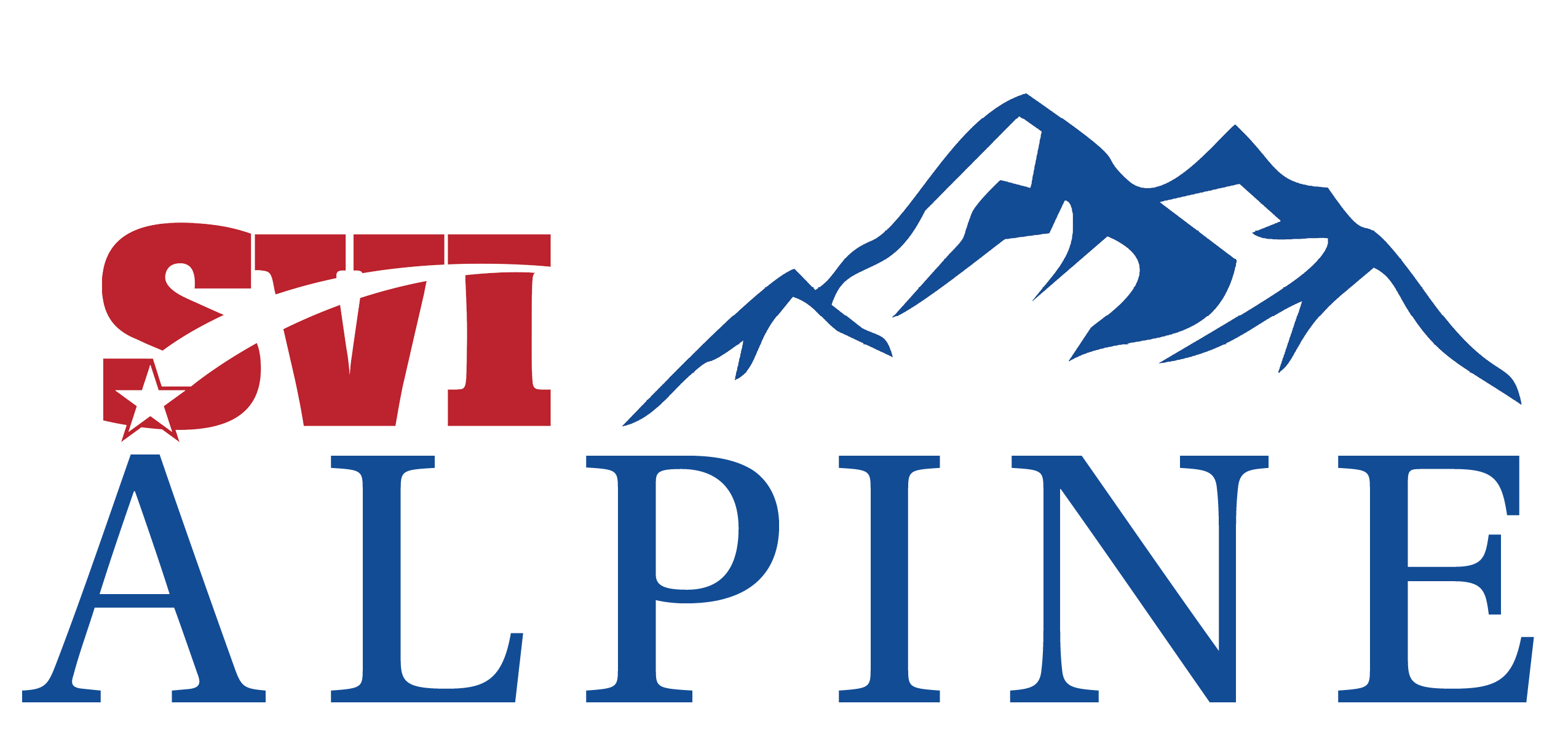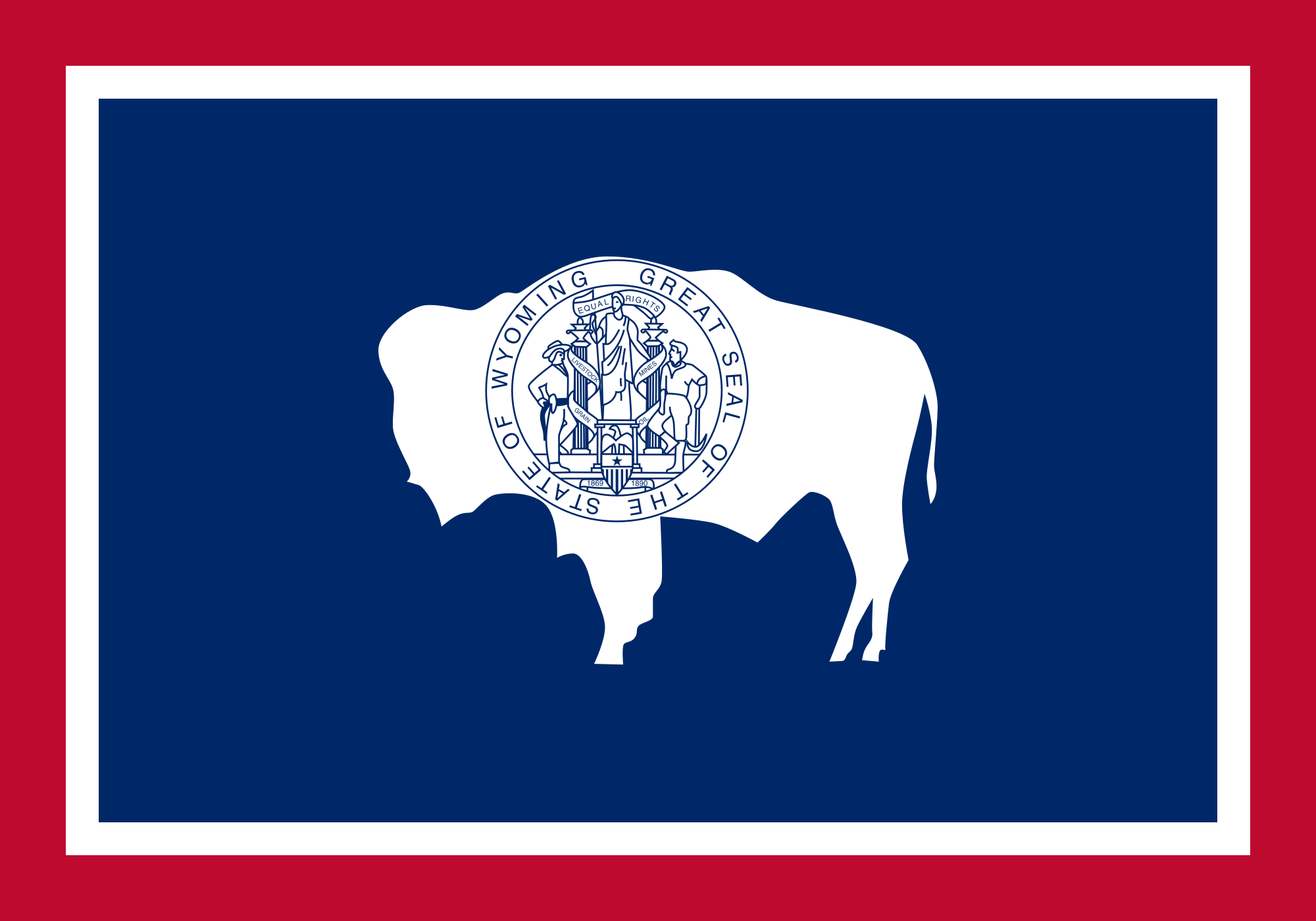Lawmakers advance measure shortening public records request timelines
By Wyoming News Exchange
November 13, 2025
By Noah Zahn
Wyoming Tribune Eagle
Via- Wyoming News Exchange
CHEYENNE — State lawmakers have advanced draft legislation aimed at revising the Wyoming Public Records Act following discussions that weighed rapid governmental transparency against local capacity constraints.
The Wyoming Legislature’s Joint Corporations, Elections and Political Subdivisions Committee met Tuesday to finalize proposals on three core issues: shortening the maximum time allowed for fulfilling a public records request, clarifying the fee structure and addressing burdensome requests, often from out-of-state entities aiming to mine data for commercial purposes.
Wyoming Public Records Ombudsman Darlena Potter, who chaired the task force that discussed the bill draft prior to the committee meeting, presented several mediation proposals designed to find a middle ground.
The original draft bill suggested drastic cuts to fulfillment times, reducing the acknowledgment period from seven business days to three and the production period from 30 calendar days to 10. Potter recommended five business days for acknowledgment and 15 business days for production.
“I’m trying to set everybody up for a success on this. I know that there was a lot of pushback on moving things up so much,” she told committee members.
Potter also suggested tabling the bill entirely until the 2027 general session, arguing that she felt there was more work to do and more time was needed to flesh out the nuances that had emerged during the work sessions, particularly concerning discrepancies related to federal versus state law enforcement practices.
Despite Potter’s suggestion, several lawmakers urged the committee to move the bill forward to ensure legislative momentum wasn’t lost.
Co-Chairman Sen. Cale Case, R-Lander, stated he was not in favor of tabling the bill draft.

Senator Ogden Driskill, R-Devils Tower, speaks with Senator Cale Case, R-Lander, during the morning session of the 68th Wyoming Legislature January 28, 2025 in the Senate Chambers. Photo by Michael Smith
On Tuesday, he pushed to clarify the language regarding federal court actions and made a motion to include “plea agreements and non-confidential portions of sentencing memoranda” in the definition of public records.
The committee adopted this amendment before voting to sponsor the draft bill.
Sen. Bill Landen, R-Casper, expressed concerns about specific provisions, stating he did not like the current time frames, but was willing to push the bill forward to continue discussions during the budget session that begins Feb. 9.
“We have plenty of time as we work it through a session to make some changes that we may want to implement,” he said.
Transparency advocates
Members of the media and concerned citizens strongly advocated for moving the original draft legislation forward, arguing that stricter deadlines and enforcement were necessary to motivate compliance.
Bob Bonner, publisher of Newcastle’s News Letter Journal and a representative of the Wyoming Press Association, supported the draft bill but urged the committee to remove the phrase “knowingly or intentionally” from the penalty section.
He argued this phrase creates an unnecessary loophole that allows public officials to avoid accountability and that eliminating it would motivate compliance.
He countered municipal fears regarding high-volume requests, assuring the committee that the existing law allows entities to require requesters to inspect records in person, a deterrent for out-of-state data miners.
“Local newspapers are ready to help. We’re eager to work with our partners in local government to ensure they understand and comply with this law,” he said.
Sarah Squires, managing editor of the Riverton Ranger, Lander Journal and Wind River News, also encouraged the committee to adopt the original draft, highlighting that without legal constraint, local governments often increase fees to an unreasonable amount by passing requests along to high-cost attorneys.
“This draft legislation here is a step that moves us barely into the middle ground when we compare ourselves even to other rural places across the country,” she said.
George Powers, a retired Cheyenne attorney who won a public records lawsuit against the Wyoming Department of Education last year, also supported the initial draft.
He pointed out that his lawsuit required the state to spend $75,000 defending the actions of individuals who made an intentional decision on the part of someone to withhold a record.
Local governments’ capacity concerns
Local government representatives and officials continued to express concern that overly strict timelines would increase costs and lead to legal errors, particularly in smaller communities.
Mills Mayor Leah Juarez reiterated her concern that reducing the time for acknowledgment to three to five business days could result in immediate violations if her clerk, who is the designated records officer, takes a full week of vacation.
Wyoming Association of Municipalities Executive Director Ashley Harpstreith appreciated the ombudsman’s suggested timeline extensions, but urged the committee to consider a tiered timeline based on population or staffing capacity, acknowledging that many smaller towns rely on part-time clerks.
“What works well in Casper may not work in Cokeville,” she said. “Many of our smaller towns operate with limited staff and resources, and much of their record keeping is still paper-based. Digging through physical files takes time and effort that small teams simply just don’t have.”
Wyoming State Auditor Kristi Racines cautioned against rushing the process, noting that shortening the timeline does not help change a culture of secrecy.
“If anything, I fear it makes it worse and maybe ups their tendency to charge fees, and it maybe creates more fear of those inadvertent violations in people who maybe aren’t anti-transparency, but just are unfamiliar with requests,” she said.
Racines highlighted that even state agencies like hers, which are relatively well equipped, receive high volumes of for-profit requests. She also expressed concern about Bonner’s suggestion to remove “knowingly or intentionally,” stating that inadvertently missing a request could lead to a violation.
Brian Farmer, executive director of the Wyoming School Boards Association, also argued against removing this language, explaining that those words are the legal difference between a mistake and an intent to do wrong.
Farmer noted that school districts often require substantial time to analyze requests to ensure no sensitive student information, which is protected under federal laws like FERPA, is released.
The committee voted unanimously to sponsor the bill for the 2026 budget session after adopting only Case’s amendment.

